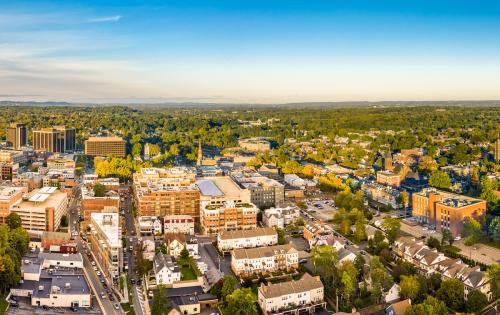Introduction
The Turkish economy witnessed a boom and bust cycle in the last decade. The “home grown” economic crisis of 2001, which had devastating repercussions for the economy, was followed by a prolonged period of growth and stability. The honeymoon, unfortunately, did not last too long. It appears that the Turkish economy is headed toward another period of slow growth; this time, as a result of the global financial crisis ignited by the mortgage crisis in the US.
This paper deals with the political economy of Turkey from the domestic crisis of 2001 to the global crisis of 2008. It will first focus on the domestic economic crisis of 2001 and explore its roots, its effects on the economy, and finally, the cure that was implemented. The political implications of the crisis will also be highlighted. Then, the period of rapid recovery, characterized by a favorable global environment; structural reforms implemented thanks to the International Monetary Fund (IMF) program; and the ongoing EU process will be analyzed. Finally, the paper will speculate about the current global crisis and its implications for the Turkish economy.
The paper will conclude with an assessment of the likely repercussions of the current crisis on the future of the Turkish economy and the domestic political scene in light of the upcoming local elections. The impact of the economic crisis on Turkish foreign policy, with a special reference to Turkey’s “soft power” in its region will also be addressed.

